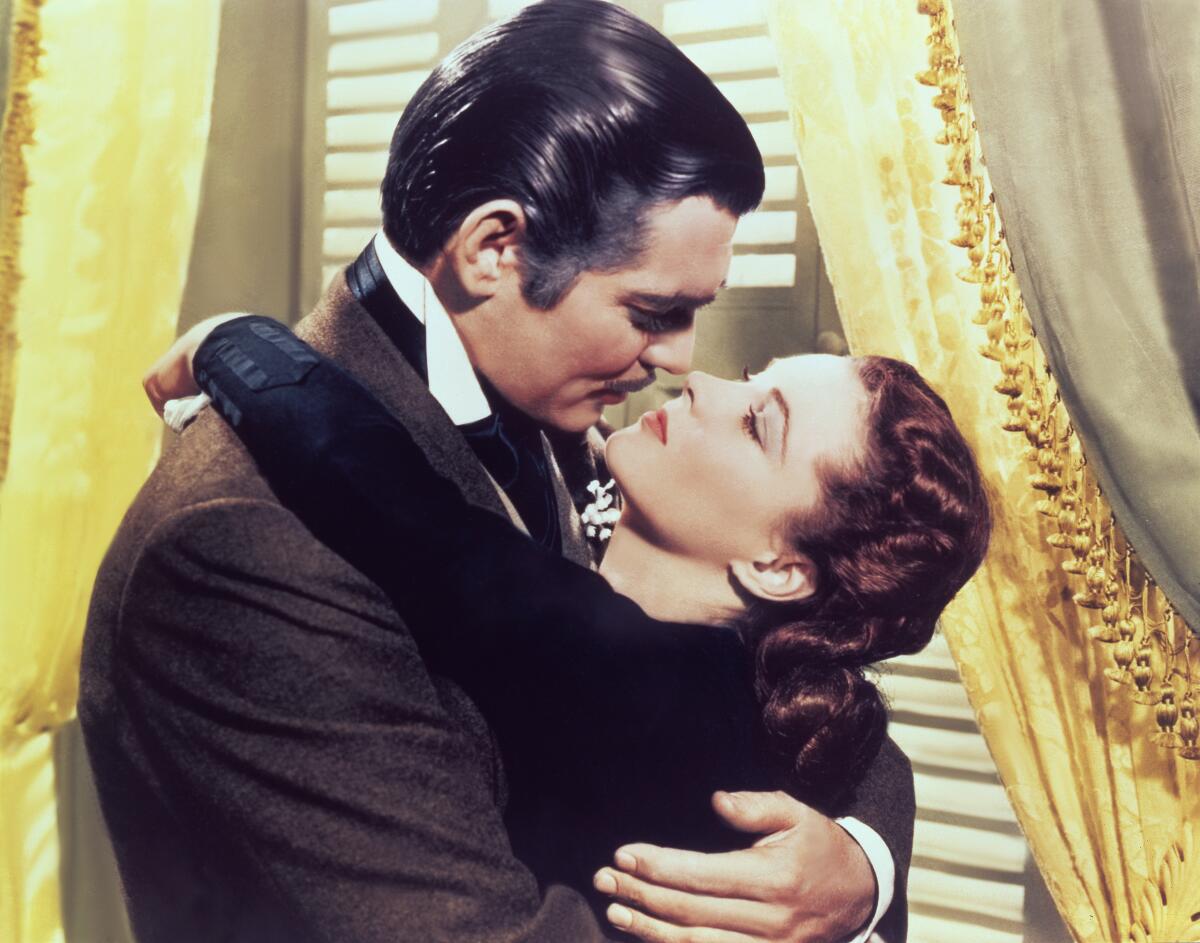A Word, Please: The concept of ‘word categories’ may make our complicated language a bit simpler

- Share via
You learned about the parts of speech in grade school. Dog is a noun. Play is a verb. Quick is an adjective. Adverbs end in ly.
Now that you’re grown up, you can handle the unvarnished truth: Language, like life, isn’t so simple. Dog is both a noun and a verb. Play can also be a noun. Quick can be used as an adverb. Many adverbs don’t end in ly, like fast, and many words that end in ly are not adverbs, like family and lovely. Verbs come in different forms, including transitive, intransitive and linking. Adverbs come in different forms, like manner adverbs and sentence adverbs.
Ours is a complicated language. If we don’t understand word categories, we can fall victim to some common misperceptions.
Here are some popular myths that can be cleared up with a better understanding of word categories.
“Myriad can’t be used as a noun.” This common misperception causes a lot of people to think that it’s a mistake to write “We dealt with a myriad of issues” and you must instead write “We dealt with myriad issues.” In the first example, myriad is a noun. In the second example, it’s an adjective modifying “issues.” Both are correct, though for my money, the adjective form is better because it cuts unnecessary words.
“Impact can’t be used as a verb.” A lot of folks are under the impression that you can have an impact on your community, but you can’t impact your community. Not true. It’s both. And if you think that’s a bad thing — a result of eroding language standards — this fact will surprise you: “Impact” was a verb before it was a noun.
“Like can’t be used as a conjunction.” There was an old ad campaign that claimed, “Winston tastes good like a cigarette should.” Back in those days, people had a bigger problem with the word “like” than they did with smoking. The idea was that “like” is a preposition and prepositions introduce objects, which are usually nouns: like butter. “A cigarette should” is a whole clause, complete with subject and verb. Normally, introducing a whole clause is a job for a conjunction like “as.” So folks said the ad should read “as a cigarette should” instead of “like a cigarette should.” In a world where “dog” was only a noun and not a verb, that might be true. But in real-world English, “like” can sometimes work like a conjunction.
Grammar expert June Casagrande says “got,” with its multiple usages, takes up a lot of space in the dictionary, but you won’t find it under “got.”
“Good can’t be an adverb.” How are you doing? If you answer “well,” you’re golden. If you answer “good,” you open up a big can of worms with folks who insist you need an adverb, “well,” to describe the action of doing. Can you hear what’s coming? “Good,” in addition to working as an adjective, is also an adverb — a synonym of “well.”
“Well is necessarily an adverb.” Back to that question of how you’re doing: The same people who insist you need to use an adverb to say you’re doing well often don’t understand that “well” is also an adjective. It means “in good health.” So if you say you’re doing well, you’re using an adverb. If you say you are well, you’re using an adjective with a much narrower definition. Both are correct.
“Hopefully is a manner adverb.” A lot of people object to sentences like, “Hopefully I’ll see you tomorrow.” The reason: They think this means that the seeing will be done in a hopeful manner. They’re assuming that adverbs can only modify actions and not whole sentences or clauses. Not true. Take “Frankly, my dear, I don’t give a damn.” You can see here that “frankly” is not modifying the giving of the damn. It’s modifying the whole thought. “Hopefully,” “importantly,” “thirdly” and many other adverbs can do the same.
June Casagrande is the author of “The Joy of Syntax: A Simple Guide to All the Grammar You Know You Should Know.” She can be reached at [email protected].
All the latest on Orange County from Orange County.
Get our free TimesOC newsletter.
You may occasionally receive promotional content from the Daily Pilot.




